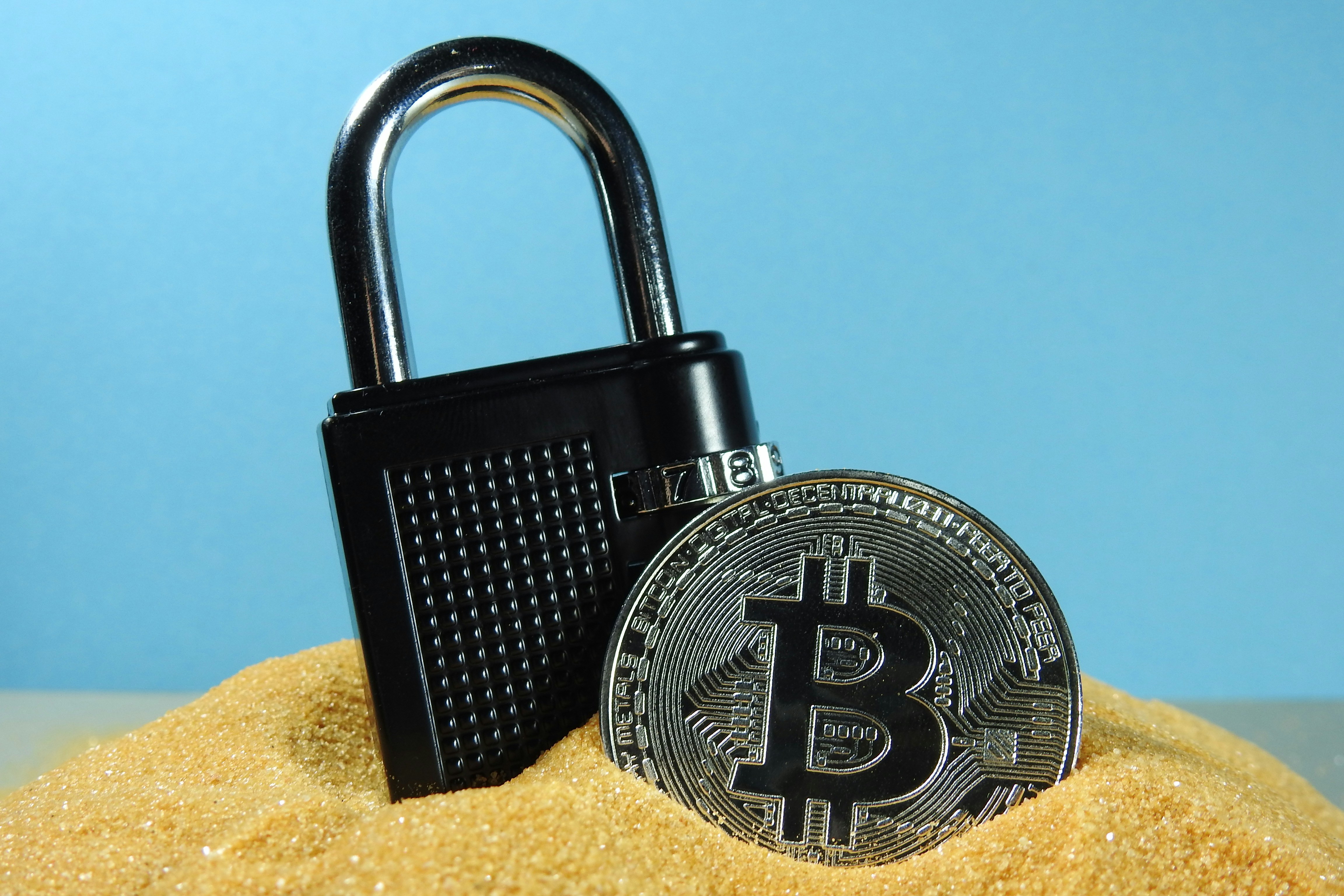Hands-On Guide to Security Best Practices in the Bitcoin World

Bitcoin, as the trailblazer in the realm of cryptocurrencies, operates on a decentralized network powered by blockchain technology, ensuring user financial autonomy through cryptographic principles. The revolutionary decentralized nature of Bitcoin, however, introduces unique security challenges, necessitating a profound comprehension and implementation of robust security practices to safeguard assets within this digital domain. The purpose of this guide is to furnish users with a comprehensive roadmap, enabling them to navigate the intricate landscape of Bitcoin security effectively. By delving into crucial aspects, readers will acquire practical insights that empower them to fortify their defenses against potential threats, fostering a safer and more secure experience within the Bitcoin ecosystem. Learning how to safeguard your digital asset is vital and so is learning about investing! If you are serious, visit bitcoinscircuit.app and learn from professionals.
Understanding Bitcoin Security Threats
Overview of Common Security Risks
Bitcoin users face various threats, including phishing attacks, malware, social engineering, and exchange hacks. Each poses unique risks, demanding a nuanced approach to security.
Real-world Examples and Consequences
Examining historical incidents where security was compromised underscores the tangible consequences. Learning from past mistakes is crucial in fortifying one's defenses.
Securing Your Digital Wallet
Types of Bitcoin Wallets
Understanding the distinctions between hardware, software, and paper wallets is paramount. Each type has its strengths and vulnerabilities, necessitating informed decision-making.
Best Practices for Securing Your Wallet
Implementing strong passwords, encryption, and adopting two-factor authentication (2FA) are fundamental measures. Regularly updating wallet software further fortifies security.
Safe Practices for Bitcoin Transactions
Verifying Transaction Details
Prioritizing the verification of transaction details ensures accuracy and prevents errors. Vigilance is key in maintaining the integrity of financial transactions.
Using Reputable Exchanges
Choosing reputable exchanges mitigates the risk of fraud and ensures a secure environment for trading and transactions.
Confirming Transaction Confirmations
Waiting for adequate confirmations on the blockchain minimizes the risk of double-spending and enhances the security of transactions.
Privacy Considerations in Transactions
Maintaining privacy in transactions is crucial. Understanding and implementing privacy-enhancing techniques, such as coin mixing, adds an extra layer of security.
Protecting Your Private Keys
Importance of Private Keys in Bitcoin Security
Private keys are the linchpin of Bitcoin security. Understanding their significance is paramount to safeguarding assets.
Secure Storage Options
Exploring secure storage options, including hardware wallets and encrypted backups, ensures the protection of private keys.
Avoiding Key Exposure
Exercise caution to prevent accidental exposure of private keys, as compromise could result in irreversible loss.
Recovery and Backup Strategies
Establishing robust recovery and backup strategies is essential. Being prepared for unforeseen circumstances mitigates potential risks.
Network Security and Node Operation
Running a Bitcoin Node for Enhanced Security
Operating a personal Bitcoin node provides greater security and autonomy. It contributes to the resilience of the network and enhances personal security.
Securing Network Connections
Implementing secure network connections and protocols protects against potential vulnerabilities and unauthorized access.
Firewall and Anti-Malware Measures
Utilizing firewalls and anti-malware tools adds an extra layer of defense against malicious attacks targeting the network.
Monitoring Network Activity
Regularly monitoring network activity helps identify anomalies and potential security threats, allowing for timely intervention.
Educating Yourself and Staying Informed
Regularly Updating Knowledge on Security Best Practices
Staying abreast of evolving security threats and best practices is essential for maintaining a proactive security posture.
Participating in Online Communities and Forums
Engaging with the Bitcoin community fosters collective learning and enables the sharing of insights and experiences related to security.
Following Industry News and Updates
Keeping informed about the latest developments in the Bitcoin space, including security-related news, aids in making informed decisions.
Recognizing and Reporting Scams
Empowering oneself to recognize and report scams contributes to the overall security of the Bitcoin ecosystem. Vigilance protects not only individual users but the community as a whole.
Regulatory Compliance and Legal Considerations
Overview of Bitcoin Regulations
Understanding the regulatory landscape surrounding Bitcoin is crucial for compliance and to navigate potential legal considerations.
Importance of Compliance for Security
Compliance with regulations enhances security by fostering a secure and stable environment for Bitcoin users.
Reporting Suspicious Activities
Promptly reporting suspicious activities contributes to maintaining the integrity of the Bitcoin ecosystem and aids in the prevention of illicit actions.
Legal Recourse in Case of Security Incidents
Being aware of legal avenues for recourse in the event of a security incident provides users with a sense of assurance and protection.
Conclusion
In conclusion, a recap of the key security practices outlined in this guide serves to underscore their critical role in sustaining a secure Bitcoin experience. Beyond a mere summary, this reinforces the imperative nature of practices discussed throughout the guide. Moreover, an encouraging call for ongoing vigilance emphasizes the dynamic and ever-evolving security landscape, urging users to adapt to emerging threats and continuously prioritize their security measures. Lastly, highlighting the communal aspect of Bitcoin security emphasizes the collective responsibility of users in nurturing a secure and resilient ecosystem. This communal approach fosters a sense of shared guardianship, recognizing that the strength of Bitcoin's security lies in the active participation and commitment of its user community.
(Devdiscourse's journalists were not involved in the production of this article. The facts and opinions appearing in the article do not reflect the views of Devdiscourse and Devdiscourse does not claim any responsibility for the same.)










